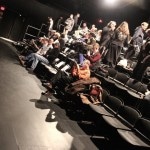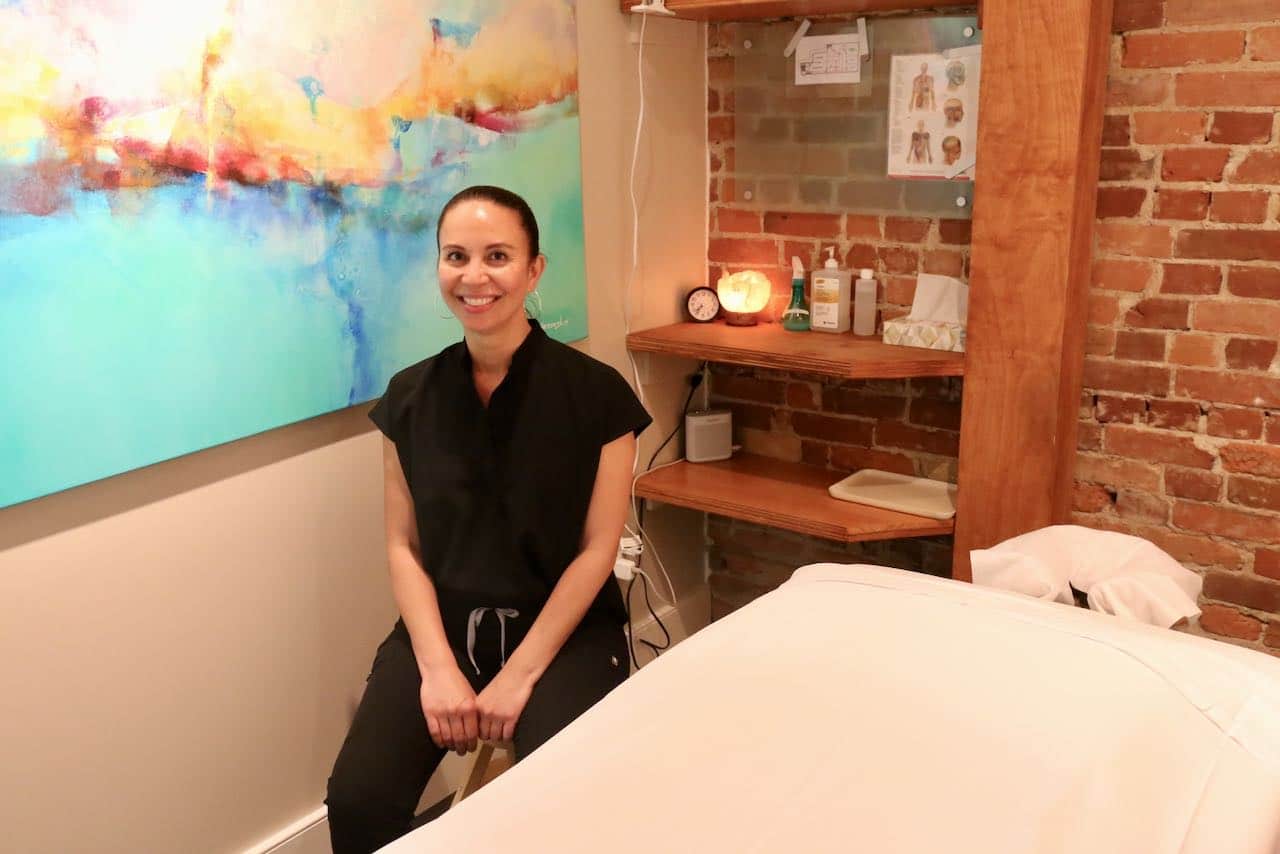shinjuku statuon, zojoji temple, roppongi hills, harajuku, yoyogi park, meji jingu, ikebukuro
tsukiji fish market, ginza, the royal palace, tokyo national art center, shibuya
ueno, takehiko inoue, tokyo national museum, asakusa, senso-ji
In the Spring of 2008 I flew from my home in Seoul in search of painted geisha, electric city streets, sushi feasts, the glamour of ginza and funky fashions of harajuku. I woke up every morning at 5am and ran about the city like a mad man. I was a photographer, writer and blogger on a mission to observe, record and indulge in a world I had always been so fascinated by. I’ve been a lover of Japan ever since I became obsessed with Akira Kurosawa. The directors award winning films shine a romantic light on feudal Japan featuring a colourful cast of characters from painted Geisha to Samurai warriors. Yojimbo, Rashomon, Throne of Blood. I ate them up.
I traveled on the solo with a lonely planet in my back pocket, camera strung around my neck, note pad and pen on the ready. I was entirely enchanted, overwhelmed and delighted by the neon lights, winding streets, city that never sleeps, feudal folklore and wild and wonderful youth culture that appeared to explode out of the countries conservative cultural roots.
I found myself time traveling back to Japan during the media preview of Daniel MacIvor’s Arigato Tokyo currently on stage at Buddies in Badtimes Theatre. I instantly connected with the story as it tells the tale of a Canadian writer exploring every corner of the city. Inspired by MacIvor’s very own travels in Japan his interpretation is peppered with East meets West humour and a tale of a lonely visitors struggle with love and longing. Set across a minamlist backdrop, the show is executed under the Direction of Brendan Healy and offers up a whimsical experience highlighted by memorable lighting, sound, choreography and costuming.
Arigato Tokyo casts its spell across the stage as the audience falls head first into a foreign writers confusion in a city which never lets him sleep. Late night disco clubs, lady boy glamour and the slow and well articulated movements of the Noh Theatre create a believable world we can interact with. MacIvor plays on the Western worlds fascination with the Tokyo bachanal while unraveling a Queer Tale for Tokyo. Chaotic strobe lights at a Shinjuku night club contrast with the subtle pore of sake and shared cup of tea. The manicured movements of opulent opera are juxtaposed against a naked man exposed and relaxed along a rambling river. Our lead played by David Storch is caught in a love triangle with sister and brother Yori and Nushi Toshi. Tyson James as Etta Waki also shows a fondness for the Canadian guest of honour. He whispers across the stage as an androgynous narrator who shape shifts costume through costume, a fabric filled odyssey.
Arigato Tokyo explores the classic themes of desire and longing while offering a Queer anthem which is rarely thread into the fabric of Japanese storytelling. Walking home after the show I couldn’t help but reminisce about my own profound “queer moment” in Tokyo. It was a sunny afternoon in harajuku when I noticed that two inquisitive Japanese men were staring at me. I had been living in Asia for a year now so was used to locals being fascinated by my blond hair and blue eyes. I was not at all shocked when the duo approached me, asked where I was from and offered to tour me around the city. My own private guides displayed an eagerness to practice their English. We hung out in the park and shared stories about our respective cities: their Tokyo and my relationship with Seoul and Toronto. After expressing my interest in sampling local cuisine they both insisted I purchase one of harajuku’s most celebrated street foods: the cheesecake stuffed sweet crepe.
Hours rolled into the evening. We had whisked ourselves through one of the cities most famous temples, strolled through shopping malls and enjoyed a hot cup of tea. I was the foreigner looking for a story, they were the inquisitive narrators holding my hand and showcasing the city they wanted me to see. And then came the question, “do you have a girlfriend in Canada?” I grabbed my cup and slowly sipped my tea, giving myself the opportunity to carefully craft my response.
I was used to Korean conservatism and was aware that Japan was no different. Discussion about ones sexuality is not an item gay men or women typically offer up in conversation. I chose to be honest and saw the opportunity as a way to test these two characters. Would they embrace our differences?
So I told them I was gay #blankstares and then slowly began to explain what that word meant (I like men, no not like friends, I love them, I date them, I may ever marry one) #moreblankstares. It took a bit of explaining to truly get through their heads what that meant. It was a totally foreign concept to them, wild to believe that 24 year olds in a city of over 13 million could possibly be oblivious to the existence of The Gays. I noticed on their faces things had changed, a light bulb went off over one of their heads and after quick banter in Japanese they both stared at me strangely. I was no longer a facinating foreign specimin worthy of their research and revelry.
I will give them credit, they didn’t totally write me off in disgust (which had happened in Seoul several times). We spent another thirty minutes talking about what it means to be gay and that it is “incredibly popular in many parts of the world.” I was so sad for these boys who had grown up living in a censored society but am happy that my time in Tokyo allowed me to engage in conversation, enlighten a few minds and weave my own personal Queer experience into the ever evolving Tales of Tokyo.













